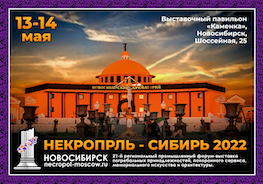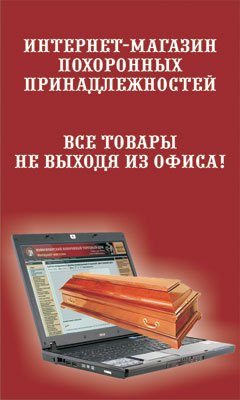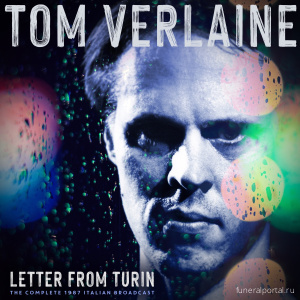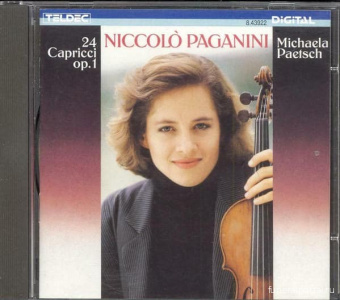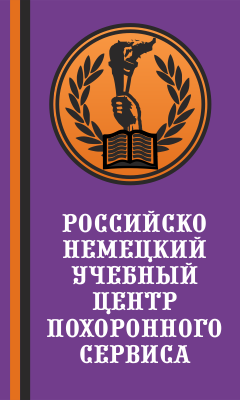by Charles Crawford
The funeral services industry in the United States -- funeral homes, crematoriums and cemeteries -- generates about $15 billion in annual revenues, according to the 2012 "Funeral Services" report from Research and Markets. Some companies in the industry have a poor reputation for consumer abuses, but the services continue to be necessary for virtually every family. Problem areas in the industry include high costs, fraudulent prepaid funeral plans, high-pressure casket sales, sales of unnecessary products and possible environmental pollution at cemeteries.
Prepaid Funeral Plans
Some firms market prepaid -- often called pre-need -- funeral plans as an affordable way for families to provide for the end-of-life needs of parents or others. Having a way for consumers to pay the current price -- approximately $10,000 as of 2013 -- in monthly installments, for a future funeral might be viewed as a well-intentioned hedge against price increases. Some consumer advocates, however, have been charging plan providers with abuses including fraud and mismanagement. Some consumers have alleged being shortchanged when they canceled their contracts. An alternative to purchasing a prepaid funeral plan is to consult with an attorney about establishing a trust for the purpose of funding a future funeral and burial.
Unethical Product Sales
The Federal Trade Commission's Funeral Rule requires funeral homes to provide families with a price list of caskets and other items. In violation of this requirement, some unethical establishments have preyed on emotional family members by pitching the most expensive caskets before showing more affordable models. Many families are unaware of the funeral homes' obligation to allow the use of caskets purchased elsewhere, without any charge to the customer. In addition, some funeral homes have used high-pressure tactics to sell unnecessary items -- such as rubber gaskets for sealing caskets -- at inflated prices.
Green Burial
Some people with environmental concerns select so-called green burials. Believing that poisonous embalming fluid, sealed caskets and cement burial vaults damage the environment, proponents of green burials use biodegradable caskets and endeavor to return the deceased to the earth as naturally as possible. As a general rule, green burials avoid the use of embalming fluid. Another green burial alternative involves mixing cremated human remains with a cement mixture and placing the resulting object under water, in a bay or the ocean, where it becomes part of a habitat for sea life. Green burials can be considerably less costly than traditional burials.
The Funeral Rule
The Federal Trade Commission enacted the Funeral Rule in 1984. The FTC designed it to protect consumers by requiring that funeral providers give them adequate information about the goods and services they might purchase from them. The Funeral Rule allows consumers the right to choose only the goods and services they want and to pay only for those they select. General features of the rule include consumers' rights to obtain price quotations in writing and to obtain full disclosure of pricing. The Funeral Rule provides for nearly every possible transaction between funeral providers and consumers.
About the Author
Charles Crawford, a former commercial banker, has been a business writer in New York since 1990. He has produced marketing materials for an executive outplacement firm, written the quarterly newsletter of a medical nonprofit organization and created financing proposals/business plans. Crawford holds a Bachelor of Arts in English and a Master of Science in international affairs from Florida State University.
http://smallbusiness.chron.com/ethical-issues-todays-funeral-industry-62750.html

